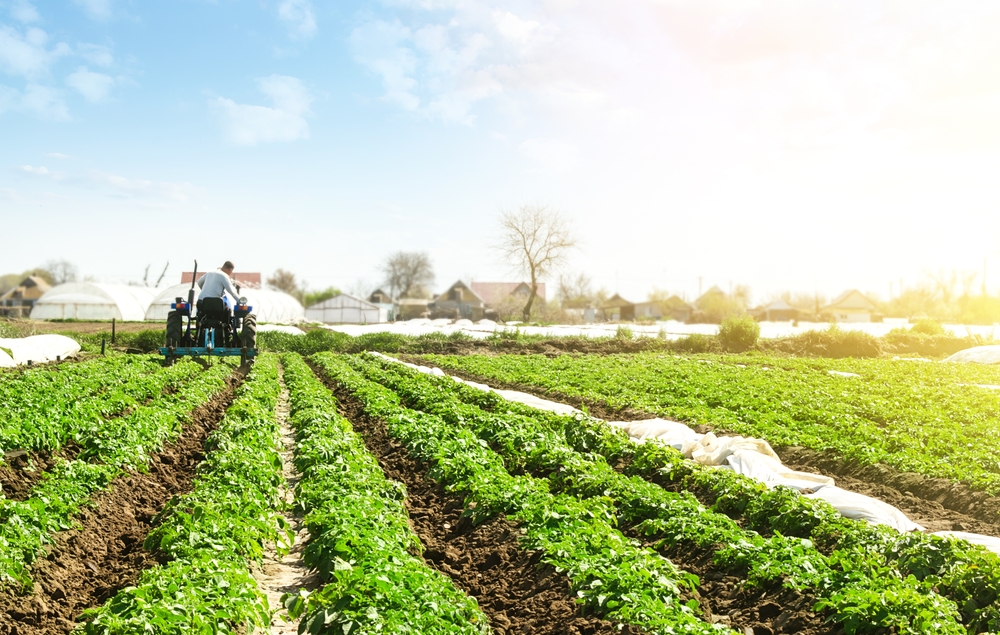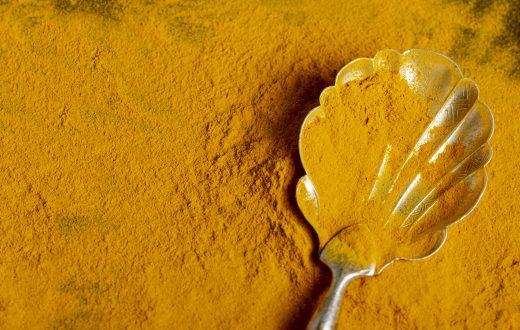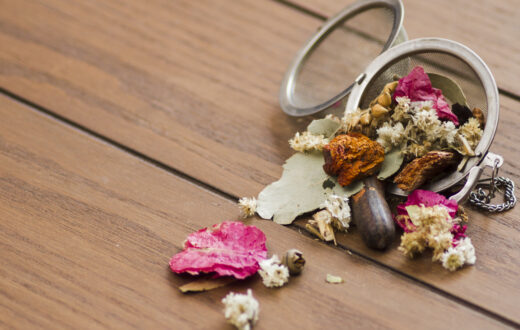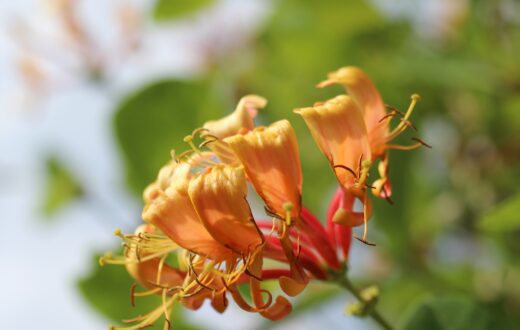
In a global market that demands transparency and safety, producing high-quality herbal raw materials is no longer just about tradition—it requires traceability, testing, and compliance. For suppliers like Oriental Heritage Herbalists, the journey begins in Thailand’s fertile soil and ends with certified, export-ready botanical ingredients trusted by brands worldwide. Let’s walk through how this transformation happens step by step.
1. Sustainable & Traceable Farming
Every certified product begins with controlled cultivation. Herbs are grown using organic and eco-friendly methods that preserve soil health and ensure no synthetic chemicals contaminate the plants. Each planting area is recorded, ensuring full traceability from seed to harvest.
Key Practices:
- Organic fertilizers and pest control
- Soil testing before planting
- GPS-mapped farm locations for tracking
- Controlled harvest time to ensure peak potency
2. Post-Harvest Handling & Clean Processing
After harvesting, herbs are cleaned, dried, and processed in a GMP-compliant facility. Hygienic handling is critical to avoid contamination. The materials are sliced, ground, or extracted depending on the product type.
Highlights:
- Use of stainless-steel equipment
- Drying under controlled temperatures
- Prevention of mold, heavy metals, and microbial growth
- Batch separation and documentation
3. Laboratory Testing & Standardization
Once processed, the materials undergo strict lab testing to confirm their purity, safety, and active compound levels. Testing is conducted either in-house or through third-party laboratories, depending on export requirements.
Tests typically include:
- Microbial count
- Heavy metals (Lead, Mercury, Cadmium, Arsenic)
- Pesticide residues
- Active marker compound standardization (e.g. Deoxymiroestrol for Pueraria Mirifica)
- Moisture content and pH levels
4. Certification & Compliance
To access global markets, the products are certified based on both local and international standards. These may include:
Key Certifications:
- Thai FDA approval (for local and ASEAN markets)
- GMP (Good Manufacturing Practice)
- HACCP (Hazard Analysis and Critical Control Points)
- Organic Certification (EU/USDA standards, upon request)
- COA (Certificate of Analysis) for every batch
5. Export & Documentation
For each export order, the company can provide complete documentation to ensure customs clearance and product transparency.
Documents include:
- Certificate of Origin (CO)
- MSDS (Material Safety Data Sheet)
- COA (Certificate of Analysis)
- Packing List and Commercial Invoice
- Import/Export Permit (where applicable)
Why This Matters to Buyers
Whether you’re creating dietary supplements, skincare products, or therapeutic blends, sourcing from a certified supplier ensures:
- Consistent potency across batches
- Compliance with import regulations
- Reduced risk of recalls or product rejections
- Brand trust and consumer safety
From sustainable Thai farms to laboratory-verified extracts, certified herbal ingredients go through a rigorous journey to meet the world’s highest quality standards. With full traceability, reliable testing, and international documentation, Oriental Heritage Herbalists stands out as a trusted partner for brands that value safety, purity, and performance.
Visit us at: https://orientalheritageherbalists.com/shop/




